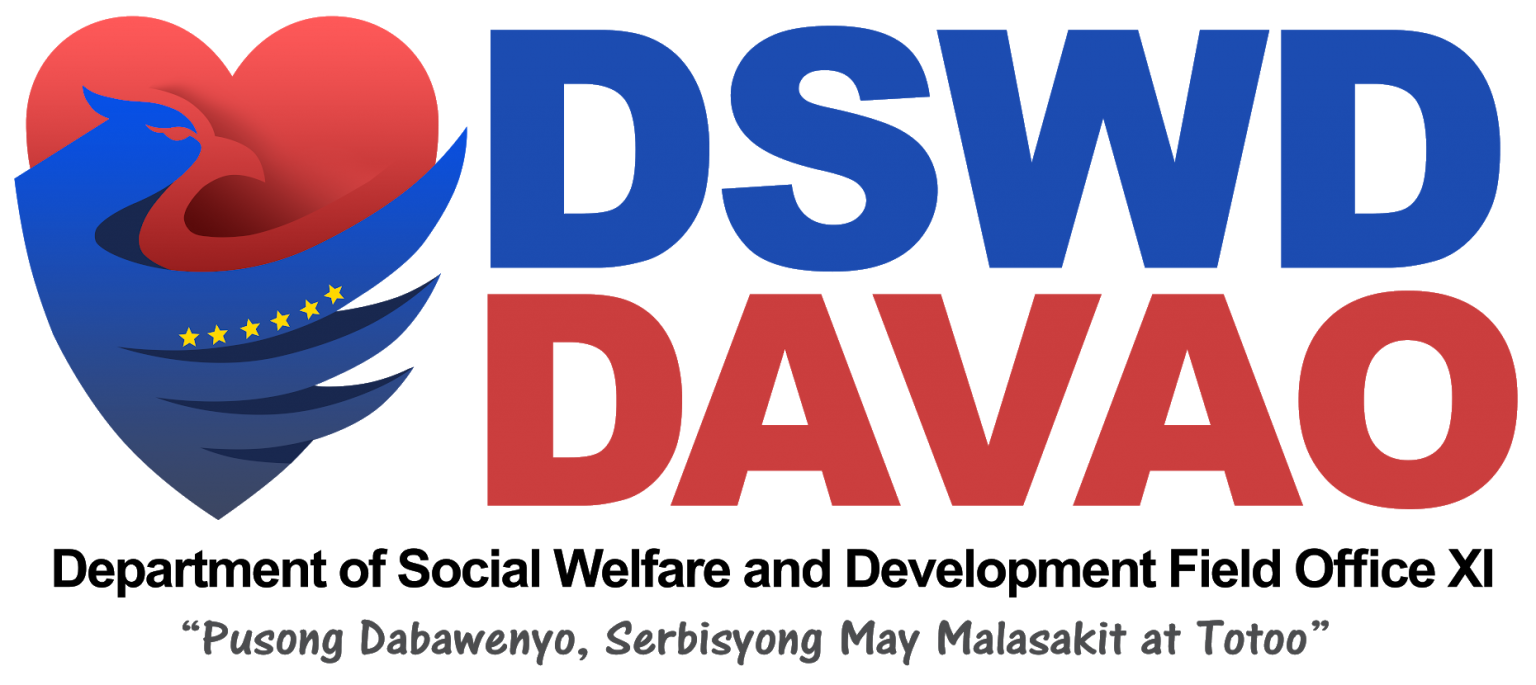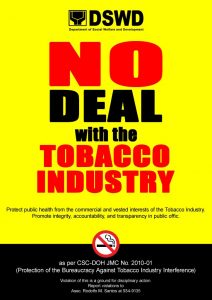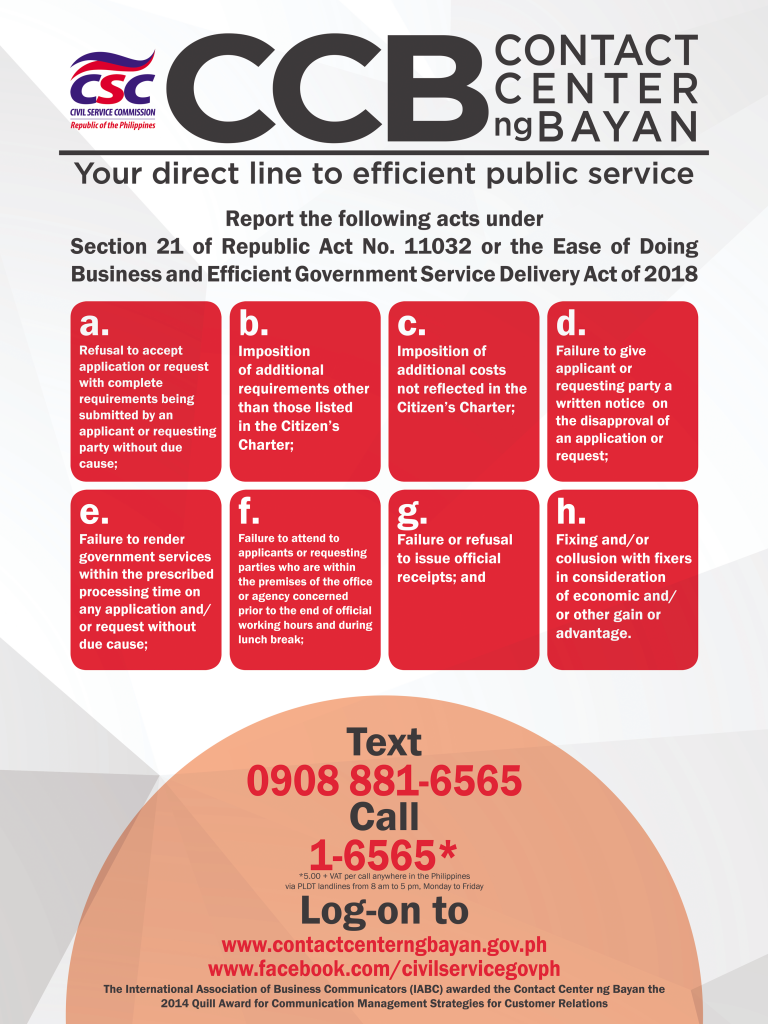DAVAO City (DSWD) – In support of the Duterte administration’s efforts to combat the proliferation of illegal drugs, the Department of Social Welfare and Development (DSWD) continues to collaborate with local government units (LGUs) to undertake reformative measures to transform and rebuild the lives of recovering drug personalities (RDPs) around the country with the help of the Yakap Bayan Framework of Intervention.
Initiated and led by DSWD, Yakap Bayan is an inter-agency collaborative framework which weaves together all existing government programs, projects, resources, and activities in order to create a holistic and sustainable approach for the rehabilitation, aftercare, reintegration, and provision of support services for RDPs. It aims to transform them from liabilities into assets, from surrenderers into productive citizens and community leaders.
The Framework was established pursuant to Republic Act (RA) No. 9165 also known as the Comprehensive Dangerous Drugs Act of 2002 and Executive Order No. 15 signed by President Rodrigo R. Duterte which mandated the creation of the Inter-Agency Committee on Anti-Illegal Drugs (ICAD) and Anti-Illegal Drugs Task Force.
One of the supportive partners of DSWD in the implementation of Yakap Bayan is Davao City which utilized the framework as a benchmark for its Community-Based Rehabilitation and After Care Program (CBRAP). CBRAP is spearheaded by the City Anti-Drug Abuse Council (CADAC) which operates in 182 barangays in the city.
“Our Community-Based Rehabilitation and Aftercare Program or CBRAP was inspired by the Yakap Bayan Framework. We teach our clients how to access the different programs and services of government institutions and even private organizations and we prod them to really go and get the resources they need,” Ronaldo A. Rivera, CADAC Technical Adviser for Community-Based Organizations, said.
Rivera added, “In 2017, our Barangay Resiliency and Recovery Support Group initiative was complemented with the Yakap Bayan Framework which was introduced by Assistant Secretary of DSWD Jose Antonio R. Hernandez. We prepare our clients for disaster responsiveness and mobilize them especially during disaster occurrences in their communities or in any crisis situation. They become disaster volunteers or responders. This undertaking is part of our treatment plan integrating the Yakap Bayan concept or what we call Motherland’s Embrace which stresses kalinga (care). Ang inyong gabay ay (your guide is) Yakap Bayan because it takes all agencies to solve this problem.”
Through the Yakap Bayan Framework, CADAC also pushes for the TARA NA or Tabangan Atong Reformists Aron Naay Asenso (Help Reformists Towards Progress). At present, 4,154 RDPs are enrolled in TARA NA.
“Through the urging of DSWD, we were able to mobilize the 5% barangay disaster fund in support to our clients who have been hired as disaster volunteers or responders in their barangays. Equipped with motorbikes, they assist in emergency situations like disasters or even escorting pregnant women to birthing facilities. When you change the worth of the person, he sees himself in a better perspective and he becomes a leader,” Rivera continued.
CADAC also works with the Department of Health (DOH) in providing the appropriate treatment for clients, depending on the severity of their cases. DOH handles mild cases while the more severe ones are referred for residential care. CADAC on the other hand, offers physiological, social, psychosocial as well as spiritual interventions.
Other components of CADAC’s CBRAP are orientation, recovery checklist and treatment evaluation, weekly drug screening, early recovery skills, relapse prevention skills, information dissemination, therapeutic recreational activities, family education, client status review, and case transfer conference.
Highlighting the relapse prevention program, Rivera said that CADAC is determined to improve the recovery skills of their clients by modifying their lifestyle and prioritizing healthy living.
“We are the CADAC self-help support group. We were also drug users in the past and we call ourselves recovery coaches. What we are doing is love. What we constantly advocate is the health, education, and training of our clients. We aim for their smooth reintegration and independent functioning with their families and communities,” he explained.
To further show convergence as exemplified by Yakap Bayan, CADAC is presently exploring a project with Ateneo De Davao University on bio-technology fertilizer which will benefit 23 drug surrenderers.
In addition, 40 drug surrenderers will be trained in sewing and shirt production through One Thread Project (OTP). OTP is a joint undertaking of CADAC and the University of the Immaculate Conception Community Development Services, One Thread Garments Enterprise, and the Therapeutic Community Support Group for Drug Surrenderers.
CADAC also conducts information dissemination campaign against illegal drugs in the city.
In June 2018, CADAC rolled out its Drug Education Module for CBRAP, both in formal and alternative learning systems, in partnership with the Department of Education (DepEd), DOH, and the Philippine Drug Enforcement Agency (PDEA).
Likewise, CADAC, in partnership with the graduate school of San Pedro College, will soon launch its training on Early Recovery Skills and Relapse Prevention.
With the successful implementation of the Yakap Bayan Framework in Davao City, DSWD continues to engage other localities to collaborate and empower citizens who were once affected by drugs by allowing them to become volunteers and leaders in their communities. -30-






